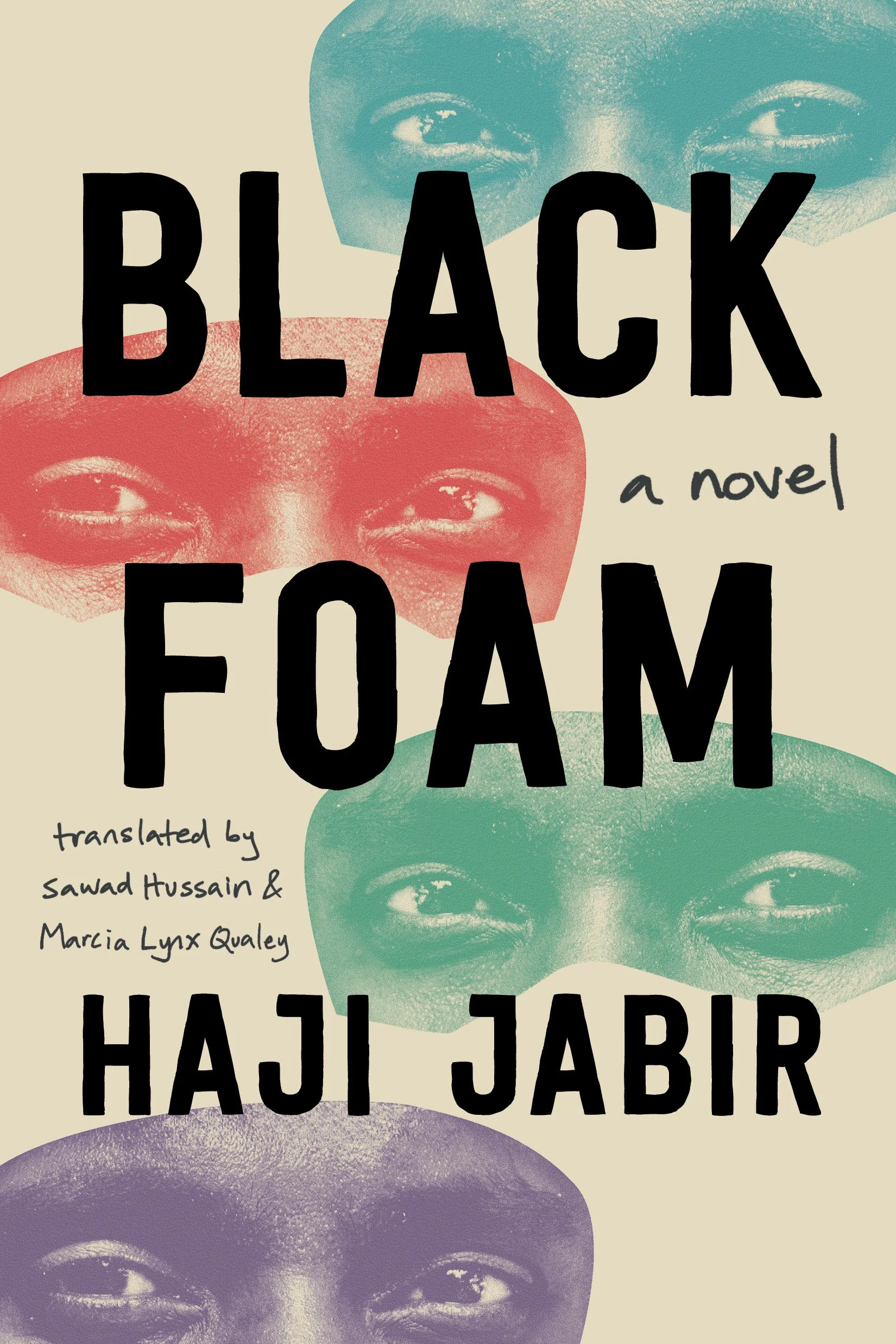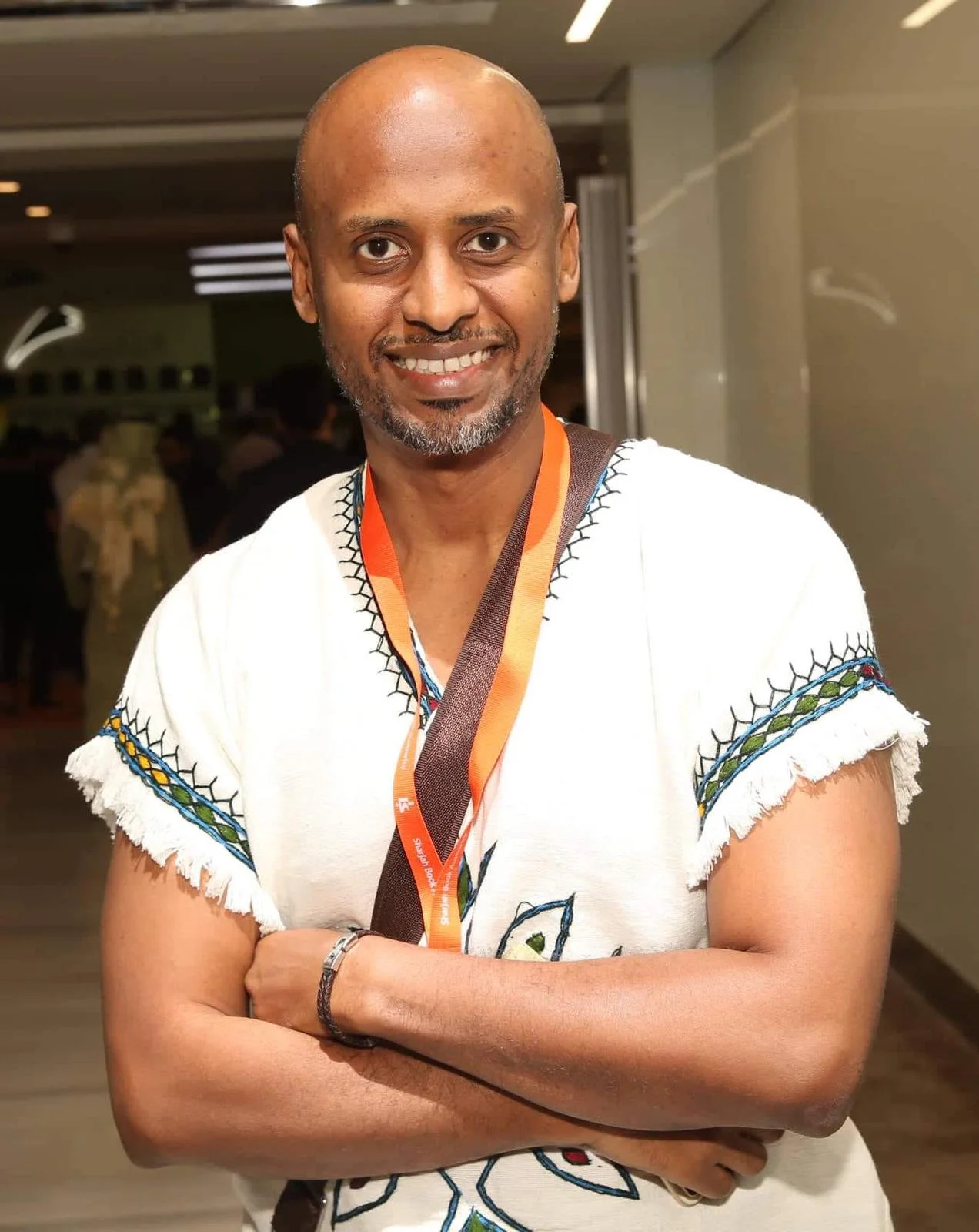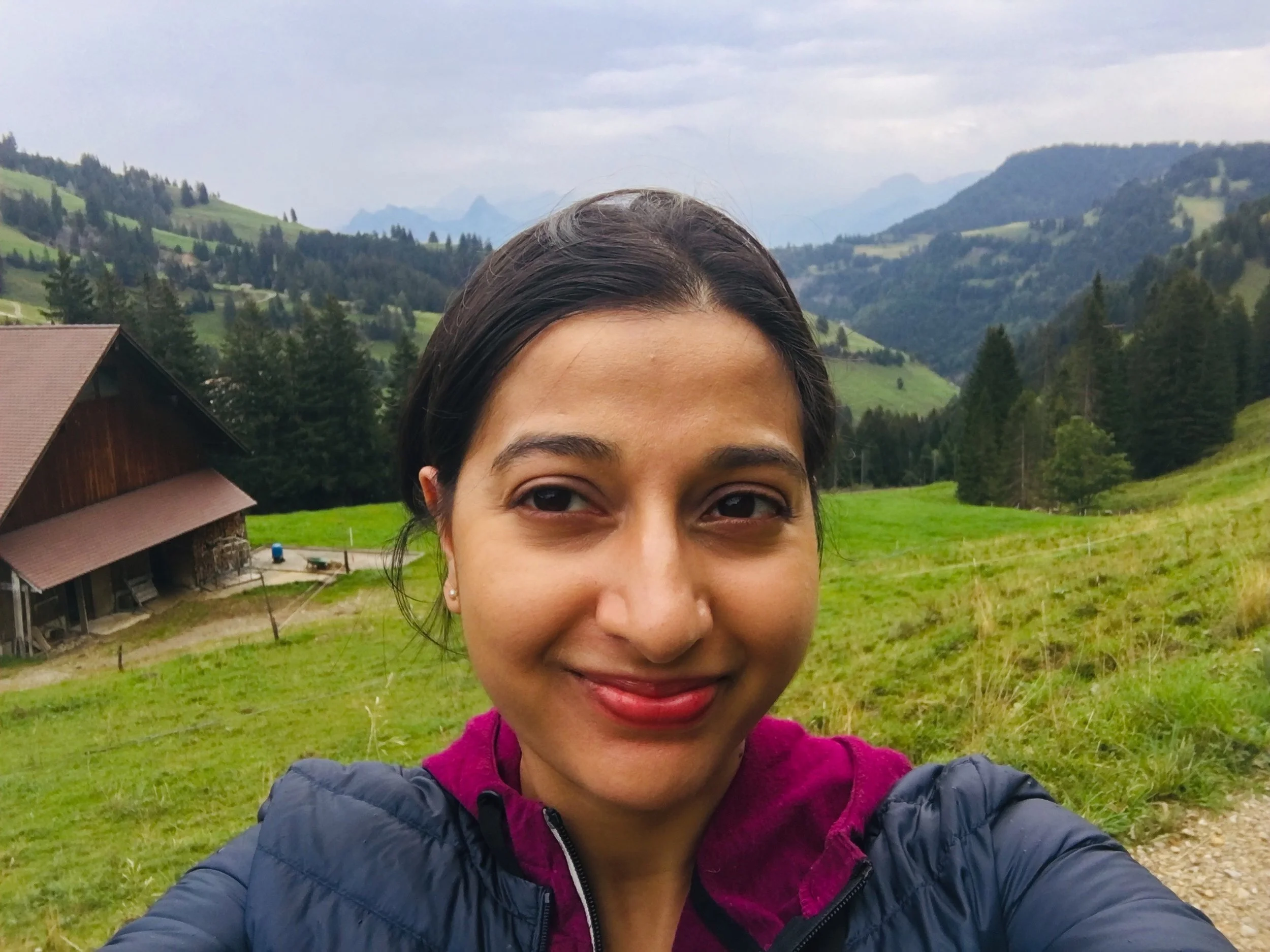Spotlight: Black Foam by Haji Jabir
/Dawoud is on the run from his murky past, aiming to discover where he belongs. He tries to assimilate into different groups along his journey through North Africa and Israel, changing his clothes, his religious affiliations, and even his name to fit in, but the safety and peace he seeks remain elusive. It seems prejudice is everywhere, holding him back, when all he really wants is to create a simple life he can call his own. A chameleon, Dawoud—or David, Adal, or Dawit, depending on where and when you meet him—is not lost in this whirl of identities. In fact, he is defined by it.
Dawoud’s journey is circuitous and specific, but the desire to belong is universal. Spellbinding to the final page, Black Foam is both intimate and grand in scale, much like the experiences of the millions of people migrating to find peace and safety in the twenty-first century.
Excerpt
Excerpted from BLACK FOAM by Haji Jabir
© 2023 Published by Amazon Crossing, February 7, 2023. All Rights Reserved
At the end of his third month in Tel Aviv, Dawit received a letter telling him to prepare to move to his permanent residence in Jerusalem.
He was just starting to get used to Tel Aviv—to his wild nights with Yaqub and to Neve Sha’anan, the piece of Africa in the heart of Israel. The announcement that he was leaving left him a little downhearted. He wanted to stay in Tel Aviv, in his new circle of safety, in the place where he was able to plunge into the depths instead of paddling around at the surface like he had all his life. Here, he had finally stopped paying attention to the others who’d come on the same flight from Gondar. They could still hurt him, sure. But at the same time, he wasn’t afraid of them anymore. He had beaten them—he was the first to reach the soil of Tel Aviv, to mix with it.
This feeling put him so much at ease that he even dared tell Yaqub his forbidden story. He told Yaqub how he’d left Eritrea with one name and entered Ethiopia with another before heading out with a third name on the journey to Israel from the Gondar refugee camp. He hesitated, unsure whether to tell his friend that before all this he’d had a fourth name, which had nothing to do with all the others. Yaqub could hardly believe his ears. At some points in the story, his eyes bulged out, and at others he would cry out and clutch his head, while some of the details made him laugh.
Dawit considered telling his friend the story of Aisha, but then he stopped. That story, he realized, was hidden in the deepest part of him. He could peel away layer after layer, but he would only reach those depths by destroying himself. Still, he wasn’t sure whether he was hiding the story from others or whether he was hiding it from himself.
“Man, show me how to join you. Should I say we’re brothers? Should I go to Gondar and ask Saba for help? What do you think?”
Dawit now saw the mess he’d gotten himself into, as he could see his story ricocheting back and creating unforeseen complications. He tried to be vague about it, but his friend intensified his siege and Dawit found no escape except to give his friend the hope he wanted.
“Maybe if you move to Gondar, sure, you’ll find the right opportunity. Just tell Saba that you’re with me.”
Yaqub’s face filled with joy at what seemed to be the salvation he’d been waiting for. Dawit wasn’t sure how he felt—whether he was happy to be out of his predicament or whether he despaired at having given his friend false hope. But what sealed it, in the end, was that he knew Yaqub’s personality. His friend wouldn’t really do anything more than seek out short-term pleasures. Let him have them, then. The problem would end right here.
Dawit knew his friend avoided the things he wanted as soon as difficulties cropped up. There was the time he had avoided taking a job, since it would have meant staying away from his woman in Neve Sha’anan for long stretches of time. Also, Yaqub always completely immersed himself in the moment, as if running away from some mysterious thing.
He still didn’t know how to tell Yaqub that he was leaving for Jerusalem, and he didn’t know how sad it might make him.
The next time they met, Yaqub was just coming back from his girlfriend’s, euphoric and boasting of a virility that he could not stop showing off. “When I came, she was laughing, and when I left, she was moaning. She couldn’t even stand up to go to the door and say goodbye. I gave her a last quick glance, an air kiss, and left.”
As usual, the only way Dawit could respond was to show an exaggerated envy and amazement at his friend’s extraordinary abilities, Haji Jabir 118 which ordinary folk surely could not attain. But this time, he fulfilled his role perfunctorily and quickly moved.
“The order for my transfer to Jerusalem came through. I’ll be there by the end of the week.”
No sooner had he finished speaking than he noticed, in his friend’s eyes, a shock that quickly faded into sorrow. The talk about his girlfriend and his exceptional virility disappeared, replaced by silence. There was a long moment when Yaqub just hung his head.
For the next few days, they walked for hours down the streets of Neve Sha’anan with no particular destination. Dawit repeatedly tried to break through Yaqub’s trancelike state, but to no avail. He wanted to cheer up his friend, so he said that he would keep on visiting him— reminding him that it wasn’t far from Jerusalem to Tel Aviv—and telling him how attached he was to Neve Sha’anan and how no other place could take him away from it. But all of these calming niceties evaporated in front of Yaqub’s rigid face, before Yaqub finally said: “Yeah. You’ll go to Jerusalem and find a permanent job. While I’ll stay here to entertain people like you until their lives begin.”
Dawit tried not to show his shock. He changed his expression to a confused smile, and he gathered up a few words he didn’t really mean. “Who knows. Maybe I won’t like it there, and then I’ll be back here in no time.”
At that moment, just as he was tossing out these words of consolation, Dawit realized that Tel Aviv had been yet another superficial surface that he’d stood on rather than diving in and becoming a part of it. Was he being too hard on the place? But what are places if not their people?
Buy on Amazon | Audible | Bookshop.org
About the Author and Translators
Haji Jabir is an Eritrean novelist who was born in the city of Massawa on the Red Sea Coast in 1976. He currently lives in Doha, Qatar, where he works as an Al Jazeera journalist. Jabir’s creative aim is to shed light on Eritrea’s past and present and to extricate his homeland from its cultural isolation. He is one of the most important Arabic-language authors of his time.
Sawad Hussain is a translator from the Arabic whose work has been recognized by English PEN, the Anglo-Omani Society, and the Saif Ghobash Banipal Prize for Arabic Literary Translation, among others. She is a judge for the Palestine Book Awards. Her recent translations include Passage to the Plaza by Sahar Khalifeh and A Bed for the King’s Daughter by Shahla Ujayli. She has run workshops introducing translation to students and adults under the auspices of Shadow Heroes, the British Library, the Yiddish Book Center, the National Centre for Writing, Africa Writes, and the Shubbak Festival. She is the 2022 translator in residence at the British Centre for Literary Translation. She tweets at @sawadhussain.
M Lynx Qualey is a literary critic, book editor, and occasional ghostwriter who runs the "ArabLit" website (arablit.org), which won a 2017 London Book Fair “Literary Translation Initiative” prize. She also publishes ArabLit Quarterly magazine and co hosts the Bulaq podcast. Her Kirkus-starred co-translation of the middle-grade novel Ghady and Rawan, co-written by Fatima Sharafeddine and Samar Mahfouz Barraj, is available via University of Texas Press (August 2019).

















































